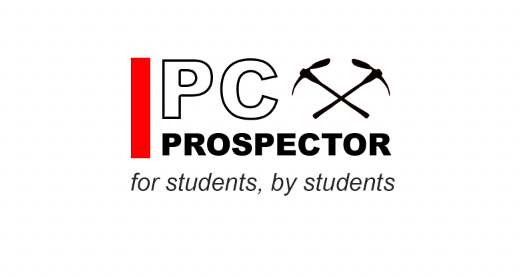Guest Editorial: Mental Health Stigma, and How We Can Break It
Special to the PC Prospector
Dear Prospector,
Over half of the U.S.’s population has struggled with mental illness yet there is an overwhelming lack of treatments offered. This can be attributed to the stigma surrounding mental illness. According to Psychology Today, mental health stigma is the negative beliefs and opinions of people suffering. Such stigmas make people with mental illness feel that seeking help or saying they have a problem will make people judge them. Social stigma is the overall judgment from society. It includes the common beliefs that mental health isn’t important or people with mental illness are different. Stigmas include associating them with negative words such as “crazy” or “weird”. People are discouraged from talking about their mental health because social stigma creates the belief that they will be judged.
More specifically, Summit County has a need for mental health services because over 8,000 residents could be suffering from mental illness. Park City has multiple local services available. In addition to the local services, the people of Park City also have access to Utah and United States mental health. Resources are abundant, however, there is little awareness of these resources. Around 80% of Summit County residents don’t know how to find mental health services. Therefore, those services may be hard to access if a person is unaware of their availability. To add on, some of these resources such as QPR awareness and surveys are online so those resources are restrictive to people without computers or the internet. These resources are located all around Park City and they are easily accessible. Park City also provides free transportation so anyone has access to the locations of services. Despite this access, the greatest barrier with receiving mental health services is the stigma surrounding it.
The best way to help raise awareness and stop the negative stigma surrounding mental illness is to break the barrier. Possible ways to end the stigma is by educating people around the community. Through knowledge, people will better understand the cause and ways to help those who are struggling. Education can include anything from awareness campaigns to a curriculum focusing on the different illnesses. Another way to end the stigma is to be supportive of all people. Oftentimes, people with mental illness feel isolated because of their illness. With support, people can have a strong community to back them and they will feel more inclined to receive help. However, the most positive way to end the stigma is by showing compassion and kindness to all. Avoiding judgment will help everyone feel included instead of ashamed of their illness. Positive actions can help those suffering and it only takes one to break the stigma of mental illness.


